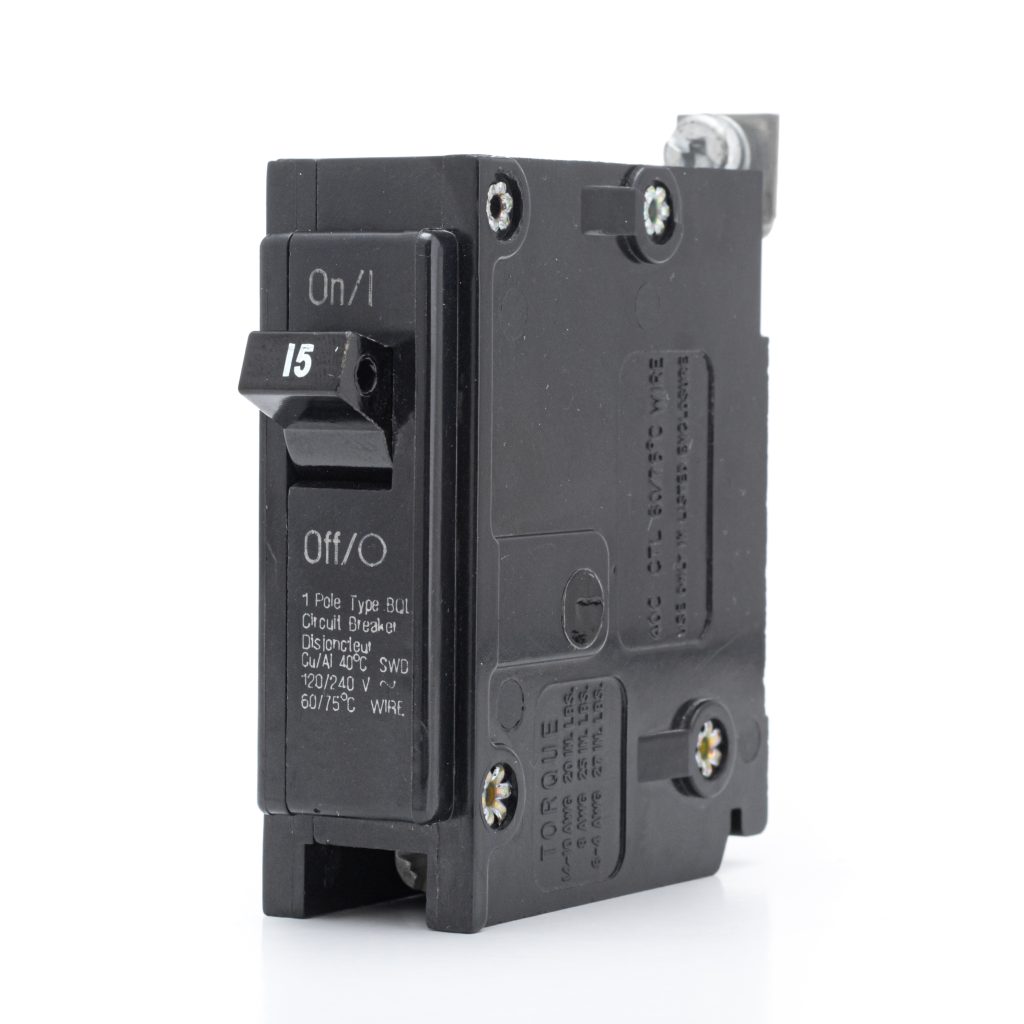What is an Arc-Fault Breaker?

Understanding Arc-Fault Breakers: What They Are and When You Need One
In today's modern homes, electrical safety is a top priority. One of the key components in ensuring this safety is the use of arc-fault circuit interrupters (AFCIs), commonly known as arc-fault breakers. These devices are designed to prevent electrical fires by detecting and interrupting arc faults. This comprehensive guide will delve into what arc-fault breakers are, how they work, their benefits, and when you should consider installing them in your home.
What is an Arc-Fault Breaker?
An arc-fault breaker, or arc-fault circuit interrupter (AFCI), is a type of circuit breaker that provides enhanced protection against electrical fires caused by arc faults. An arc fault occurs when an electric current flows through an unintended path, creating a high-temperature discharge that can ignite surrounding materials. Arc faults can be caused by damaged or deteriorating wires, loose electrical connections, or even damaged electrical appliances.
How Do Arc-Fault Breakers Work?
Arc-fault breakers are designed to detect the signature patterns of electrical arcs. When an arc fault is detected, the AFCI interrupts the circuit, cutting off the flow of electricity to prevent a potential fire. There are two primary types of arc-fault breakers:
- Branch/Feeder AFCIs: These protect the entire circuit, from the breaker panel to the outlets.
- Combination AFCIs: These provide protection against both series and parallel arc faults and are typically installed in newer homes to offer comprehensive protection.
Benefits of Arc-Fault Breakers
The primary benefit of arc-fault breakers is their ability to significantly reduce the risk of electrical fires. Other benefits include:
- Enhanced Safety: AFCIs detect and interrupt dangerous arc faults before they can cause a fire.
- Compliance with Electrical Codes: In many regions, the installation of AFCIs is required by building codes, particularly in new construction and major renovations.
- Peace of Mind: Knowing that your home is protected by AFCIs provides peace of mind, especially in areas with older wiring or where electrical safety is a concern.
When Do You Need an Arc-Fault Breaker?
The need for arc-fault breakers depends on various factors, including the age of your home, the condition of your electrical system, and local building codes. Here are some scenarios where you should consider installing AFCIs:
- New Construction: Most building codes now require AFCIs in new residential construction, particularly in bedrooms, living rooms, and other common areas.
- Major Renovations: If you are renovating your home, especially if it involves updating the electrical system, it is advisable to install AFCIs to meet current safety standards.
- Older Homes: Homes with older wiring systems are at a higher risk of electrical faults. Installing AFCIs can provide an added layer of protection against potential fire hazards.
- Frequent Electrical Issues: If you experience frequent circuit breaker trips, flickering lights, or other electrical issues, it may indicate the presence of arc faults. AFCIs can help detect and prevent these problems.
- Enhanced Protection: Even if your home is relatively new and meets code requirements, installing AFCIs can offer additional protection, particularly in areas where you use high-wattage appliances or electronics.
Installing Arc-Fault Breakers
Installing arc-fault breakers is a task best left to licensed electricians, as it involves working with your home's electrical panel. Here are the general steps involved in the installation process:
- Assessment: A licensed electrician will assess your current electrical system and identify areas that would benefit from AFCI protection.
- Selection: The electrician will select the appropriate type and rating of AFCIs for your home.
- Installation: The AFCIs are installed in the electrical panel, replacing standard circuit breakers where necessary.
- Testing: The electrician will test the AFCIs to ensure they are functioning correctly and providing the intended protection.
Conclusion
Arc-fault breakers are a crucial component in modern electrical safety, protecting homes from the risk of electrical fires caused by arc faults. Whether you are building a new home, renovating an existing one, or looking to enhance the safety of your older home, AFCIs are a worthwhile investment. By understanding what arc-fault breakers are, how they work, and when you need them, you can make informed decisions to protect your home and loved ones.
If you are considering installing arc-fault breakers or have questions about electrical safety, consult a licensed electrician who can provide expert advice and services tailored to your needs.
Having Circuit Breaker Issues?
Whether you're unsure what type of breaker you need or you're in need of a circuit breaker repair or replacement, our experienced electricians can help. Give us a call today to schedule a free assessment by one of our licensed electricians.